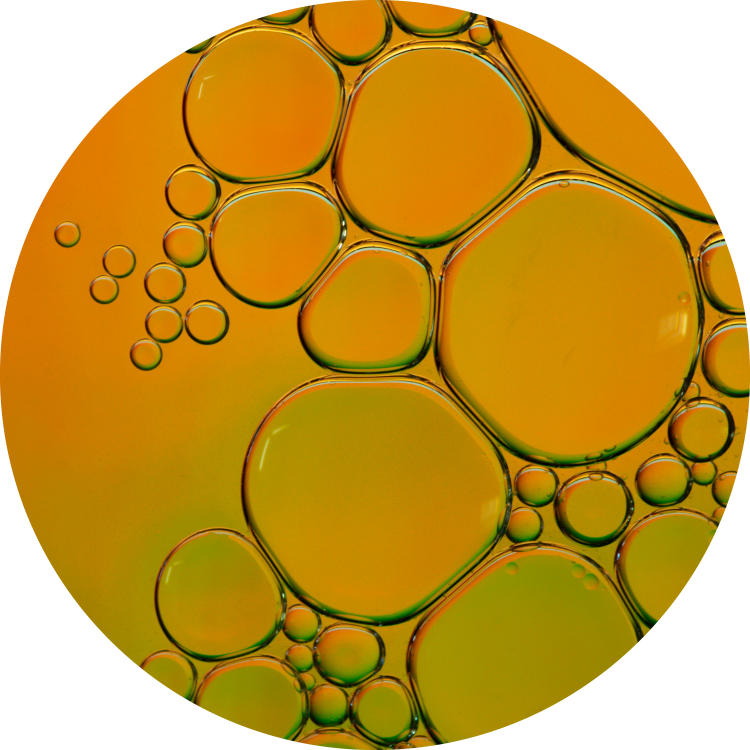This week let’s dive into look at the brain chemistry that is activated through sex and orgasm, which go some way to making it such a pleasurable experience.
During sex the logical part of your brain becomes much less active and the pleasure hormones and neurotransmitters take much more of a front seat, meaning that people may feel bolder and less anxious or fearful.
On the build up to orgasmic release, Dopamine is queen.
Dopamine is the feel-good and reward seeking neurotransmitter that wants you to seek experiences and achieve things in the world. It’s responsible for feelings of pleasure, desire and motivation.
At orgasm, many different areas of the brain are activated. These areas are similarly lit up by music and meditation, but at orgasm they release neurotransmitters that cause this feel-good feeling:
Oxytocin – released by the hypothalamus and known as the love or cuddle hormone, Oxytoxin plays a role in bonding between two people, either through sex, or for a mother to baby (it is also involved in uterine contractions in labour and is stimulated during breastfeeding for the same reason, helping to return the uterus to is normal, unpregnant size). In men, Oxytoxin may also play a role in sperm movement and testosterone production. And in women, oxytocin in continued to be released after orgasm, which may explain the wish for post-coital cuddles.
Prolactin – this hormone peaks after orgasm, and in women is normally associated with breastfeeding, but in sex, studies show it seems to have a correlation with sexual satiety.
Endorphins – our natural pain-killing hormones, endorphin surges normally accompany the release of oxytocin, thereby making you much less sensitive to pain during sex. A strange but interesting fact is that orgasm and pain may activate some of the same areas in the brain!
Serotonin – another hormone, serotonin is released by the brain after orgasm and is known to have anti-depressant qualities, promoting good mood, relaxation and peacefulness. It may also be the reason you feel sleepy after orgasm.
DHEA – is a pre-cursor hormone to oestrogen and testosterone, meaning that it may have a function in libido levels. It is produced primarily by the adrenal glands and the brain and is released during orgasm with antidepressant and immune boosting effects.
Its overwhelming to think all of this happens without our conscious direction – the human body is truly amazing, and with these mind altering properties just think what your next orgasm could do for you!
References:
https://www.sciencealert.com/here-s-what-happens-to-your-brain-when-you-orgasm

